In 2023, two Gnosis teammates drove an RV from Charleston to Long Beach, meeting customers and partners face-to-face along America's logistics corridors. A tradition was born. Year two, we brought cameras to document the 3,000-mile journey and capture the spaces that go unnoticed in global trade. Ships, trucks, and trains are just hardware. The real story lives in the relationships, decisions, and choreography that connect them. Between the Ships is our documentary road film and interview series revealing the human intelligence behind the $14 trillion global containerized supply chain.
Five unscripted conversations with the leaders shaping international logistics. Filmed inside a luxury RV crossing America's trade routes, these interviews reveal how port executives, Fortune 500 supply chain directors, logistics entrepreneurs, and private equity investors navigate chaos, build relationships, and keep global trade in transit.
Amber Moore never planned to manage global supply chains: she studied English literature and wanted to teach. After pivoting to Java programming and logistics technology, she now oversees export operations for Tyson Foods. From navigating hundreds of government regulations to ensuring temperature integrity across oceans, she explains why export logistics is a high-stakes sprint where visibility means the difference between fresh food reaching families or costly waste.
Jim Newsome transformed South Carolina's struggling port into a powerhouse that now drives 1 in 10 jobs statewide. From growing up on Georgia docks to becoming one of the first Americans to lead a major European shipping line, Newsome reveals why the $14 trillion global trade industry still can't answer the simple question: "Where is my container?"
Abir Thakurta runs supply chain for Havertys Furniture, a 140-year-old company that once delivered sofas by horse-drawn carriage. With a million Delta miles and a background split between consulting, operations, and technology, Thakurta explains why furniture retailers can't afford to guess delivery dates, how breaking bread in global factories builds crisis-saving relationships, and why he refers to every customer as "her."
When COVID hit, Robert Counce got a call asking him to store 300 containers. An hour later: 700. Then 1,500. His solution was to buy California land, send employees to live in an RV on-site for six months, and create "Smart Stacks." By mixing different customers' cargo in the same terminal pile, they cleared thousands of containers in days instead of weeks. From running a four-person operation to America's largest drayage provider, Counce reveals how crisis creativity became permanent competitive advantage and why wearing Jordans with suits is always the preferred conference dress code.
When Gnosis proposed driving an RV across America, Ryan McMorrow admits he was "taken aback"—then flew to Arkansas to join them. The former naval officer explains Vista's concentrated investment approach, why they partner with only a handful of companies per fund, and how authentic founder teams create categories that never existed before. From Admiral Nelson's revolutionary naval tactics to the collapse of venture capital's portfolio model, McMorrow reveals the military-inspired strategy behind building market leaders.
Amber Moore never planned to manage global supply chains: she studied English literature and wanted to teach. After pivoting to Java programming and logistics technology, she now oversees export operations for Tyson Foods. From navigating hundreds of government regulations to ensuring temperature integrity across oceans, she explains why export logistics is a high-stakes sprint where visibility means the difference between fresh food reaching families or costly waste.
Jim Newsome transformed South Carolina's struggling port into a powerhouse that now drives 1 in 10 jobs statewide. From growing up on Georgia docks to becoming one of the first Americans to lead a major European shipping line, Newsome reveals why the $14 trillion global trade industry still can't answer the simple question: "Where is my container?"
Abir Thakurta runs supply chain for Havertys Furniture, a 140-year-old company that once delivered sofas by horse-drawn carriage. With a million Delta miles and a background split between consulting, operations, and technology, Thakurta explains why furniture retailers can't afford to guess delivery dates, how breaking bread in global factories builds crisis-saving relationships, and why he refers to every customer as "her."
When COVID hit, Robert Counce got a call asking him to store 300 containers. An hour later: 700. Then 1,500. His solution was to buy California land, send employees to live in an RV on-site for six months, and create "Smart Stacks." By mixing different customers' cargo in the same terminal pile, they cleared thousands of containers in days instead of weeks. From running a four-person operation to America's largest drayage provider, Counce reveals how crisis creativity became permanent competitive advantage and why wearing Jordans with suits is always the preferred conference dress code.
When Gnosis proposed driving an RV across America, Ryan McMorrow admits he was "taken aback"—then flew to Arkansas to join them. The former naval officer explains Vista's concentrated investment approach, why they partner with only a handful of companies per fund, and how authentic founder teams create categories that never existed before. From Admiral Nelson's revolutionary naval tactics to the collapse of venture capital's portfolio model, McMorrow reveals the military-inspired strategy behind building market leaders.
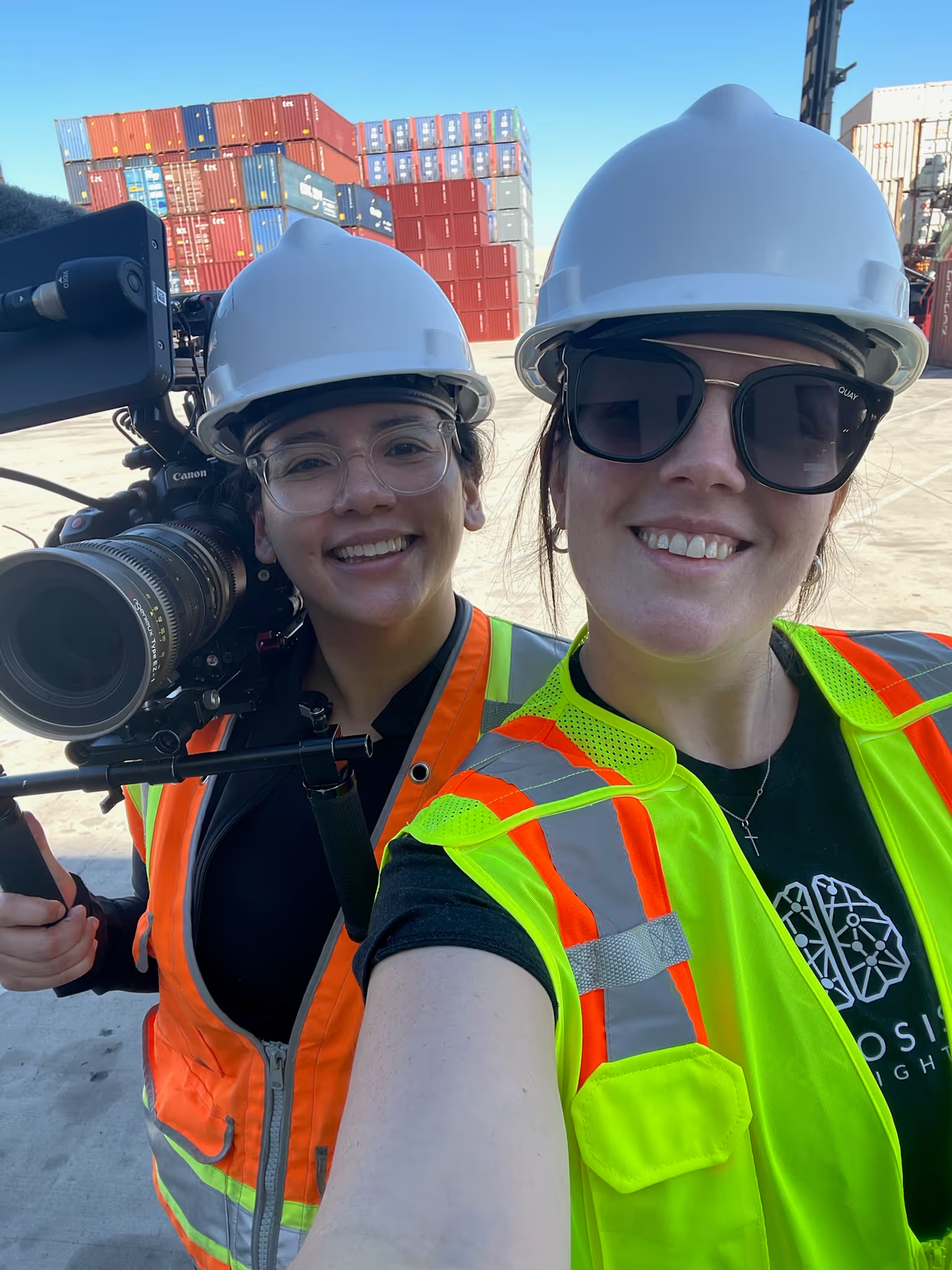
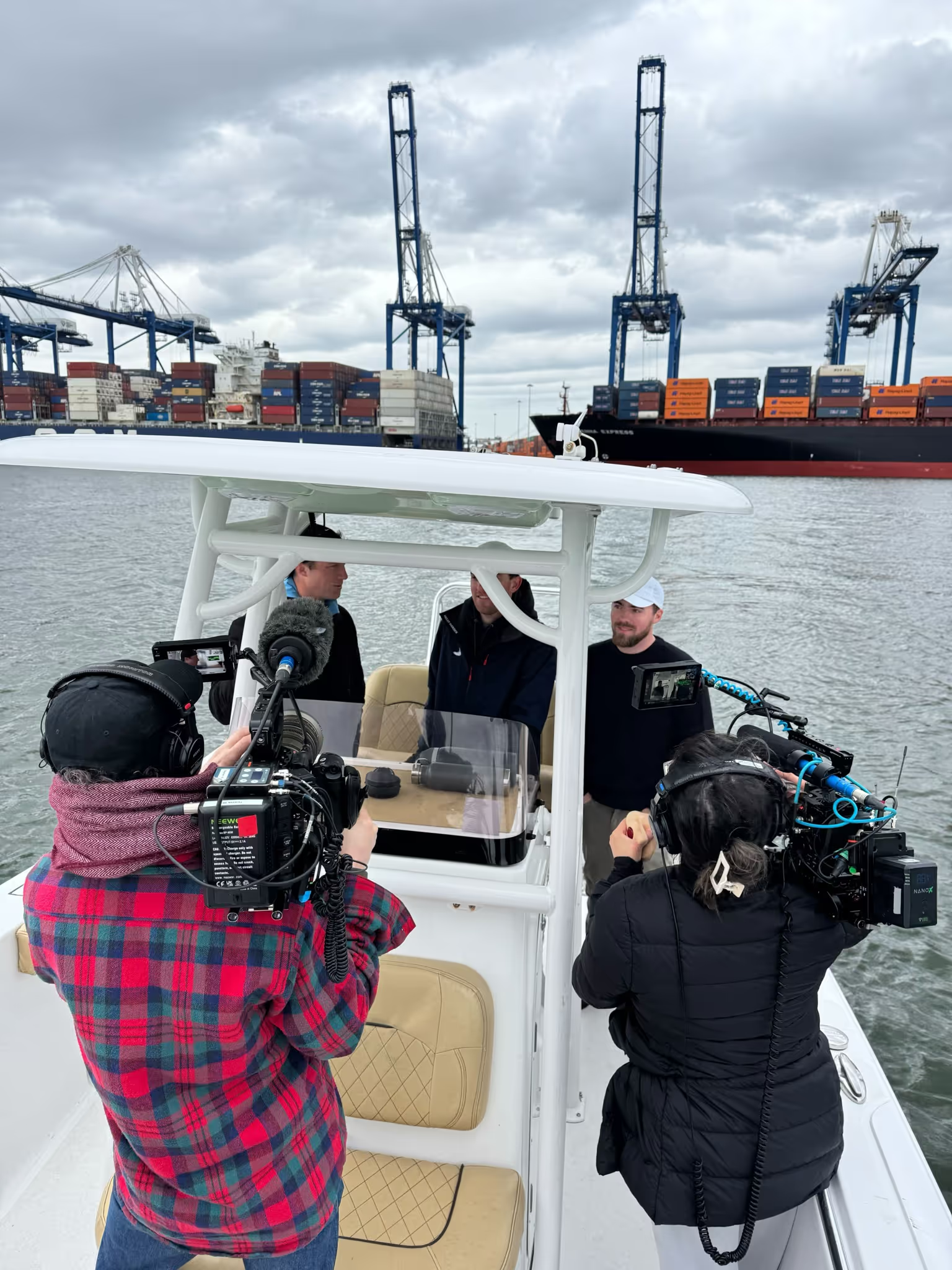
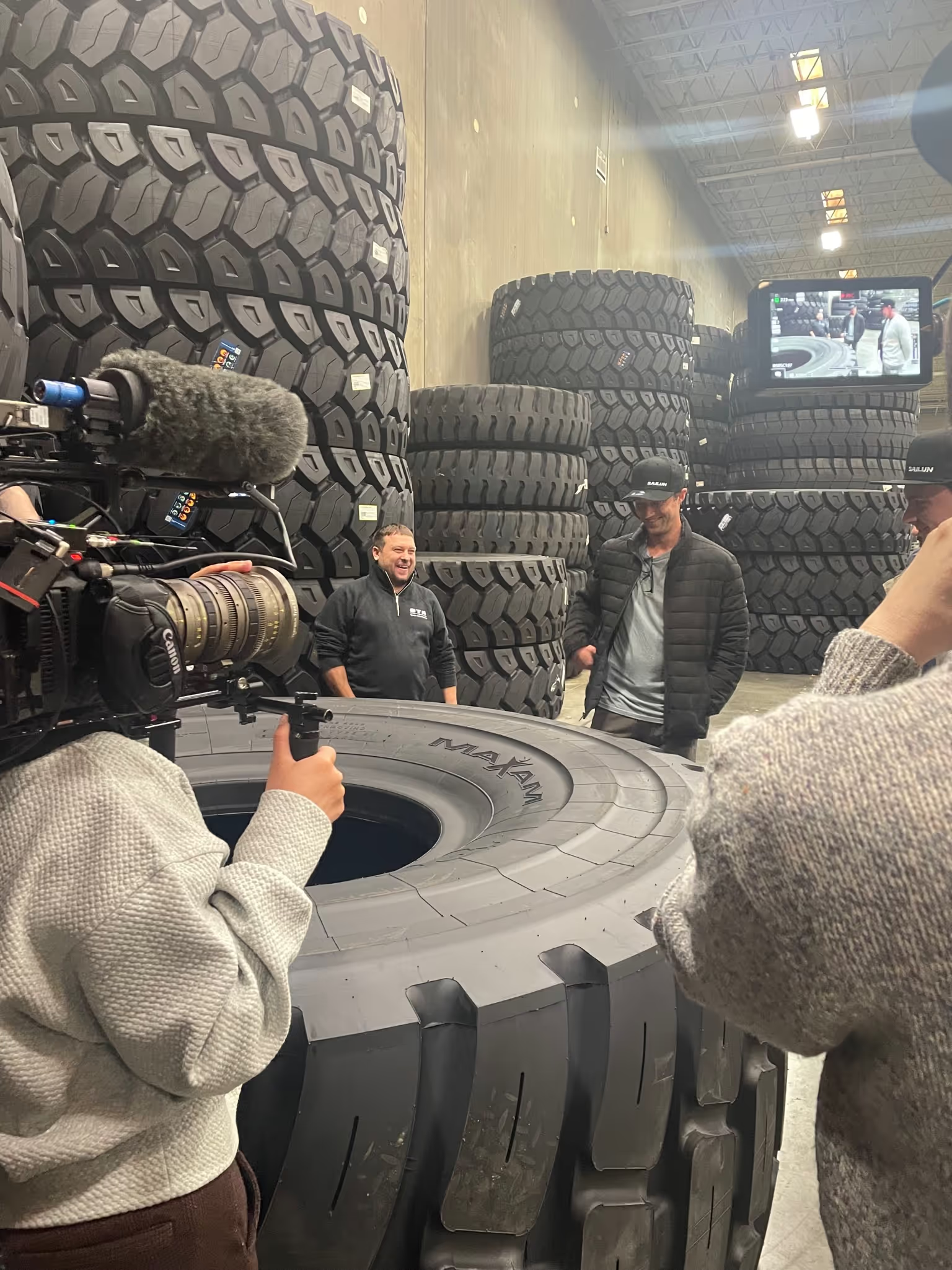
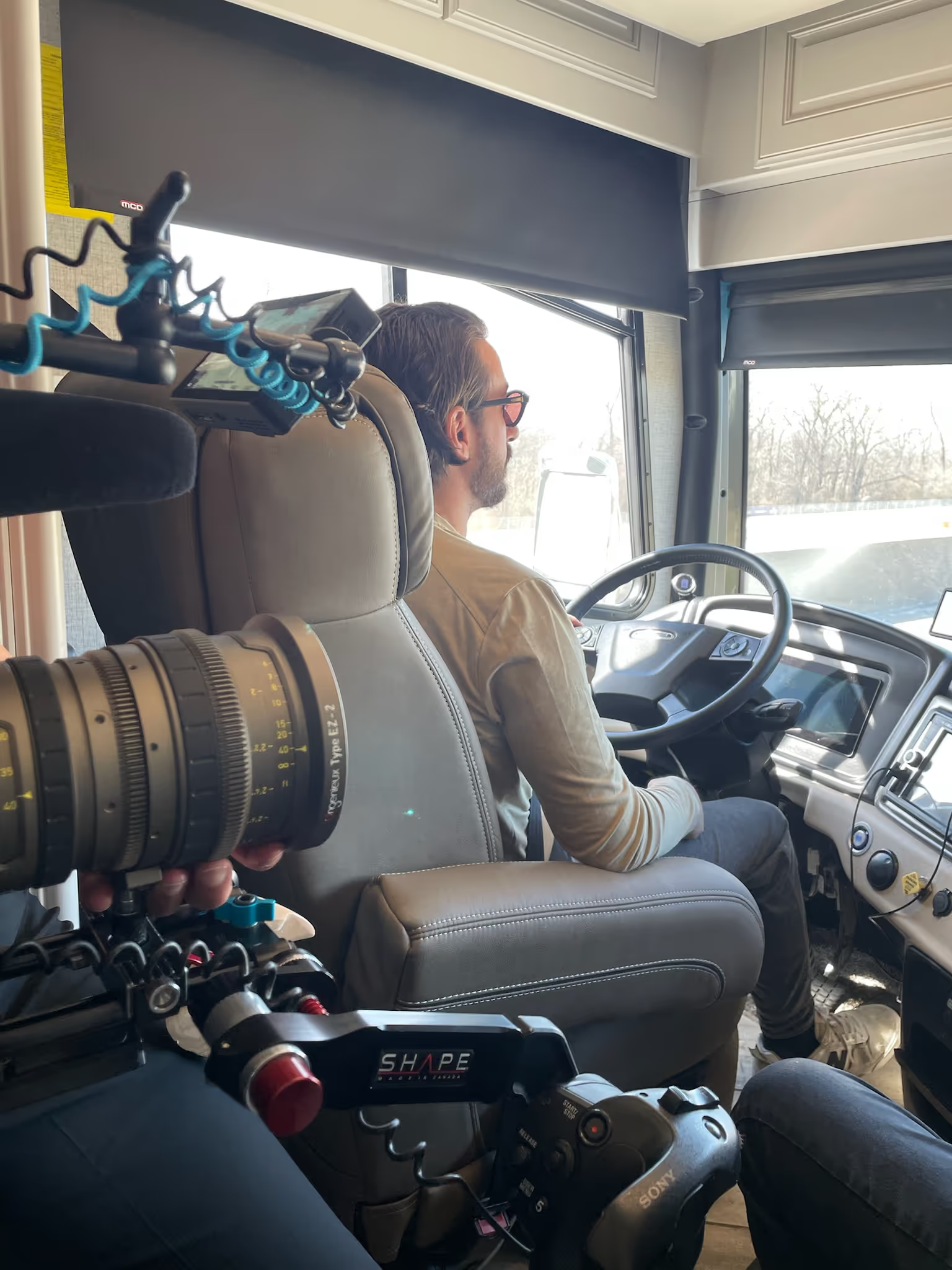
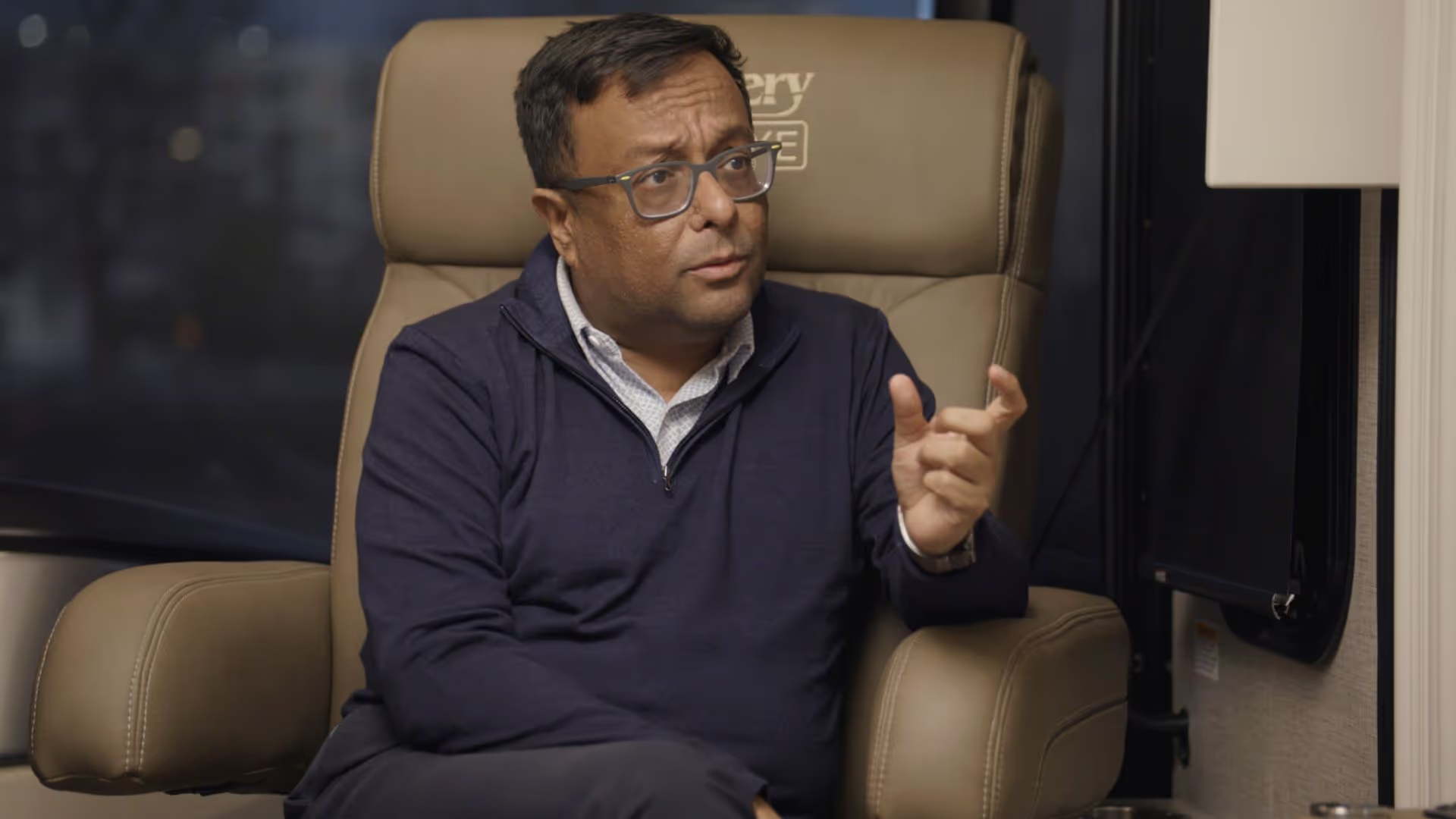
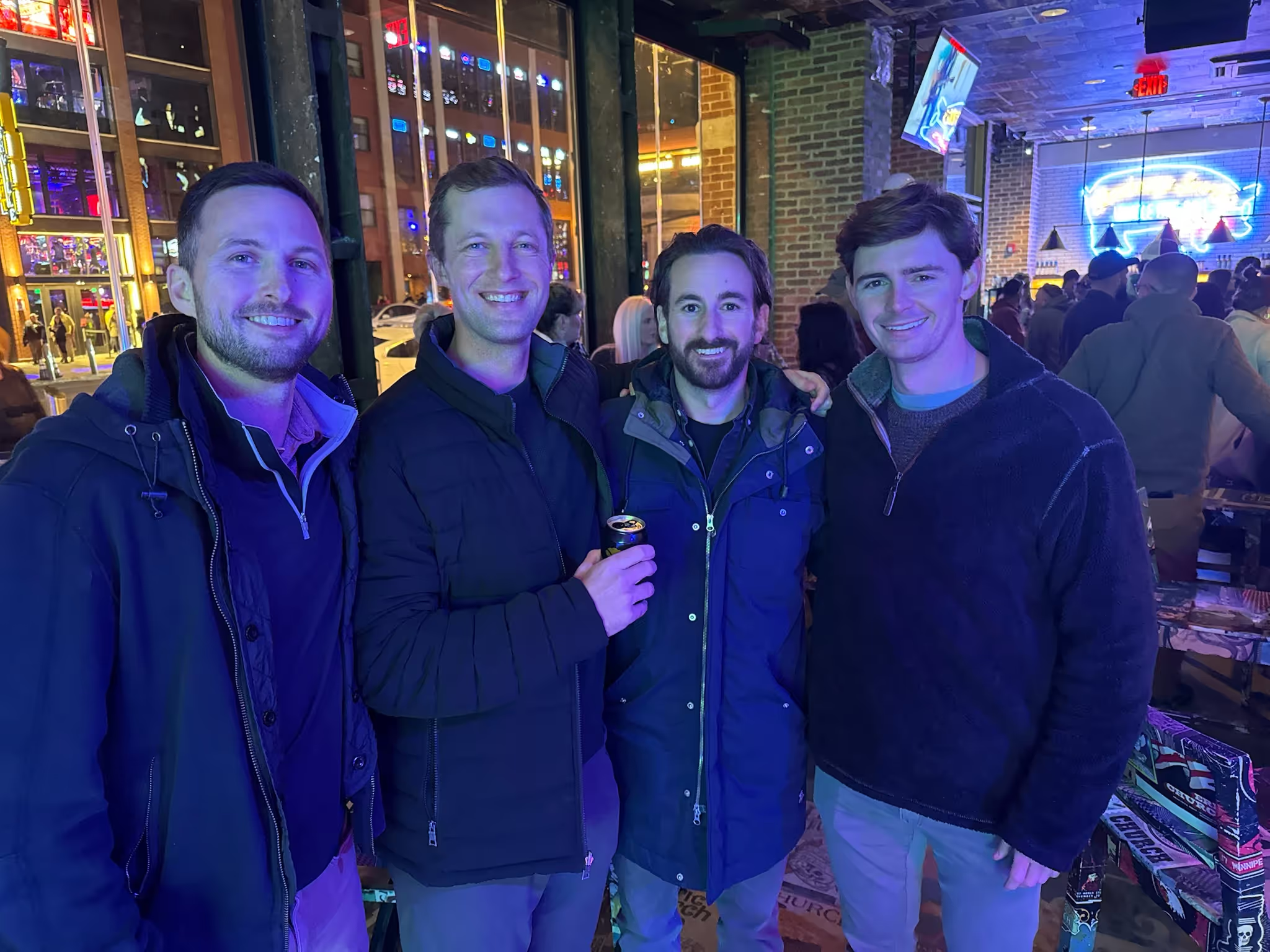
Lorem ipsum dolor sit amet, consectetur adipiscing elit, sed do amet dolor tempor loren sit ipsum eius mod tempor incididunt



.avif)
.avif)

.avif)